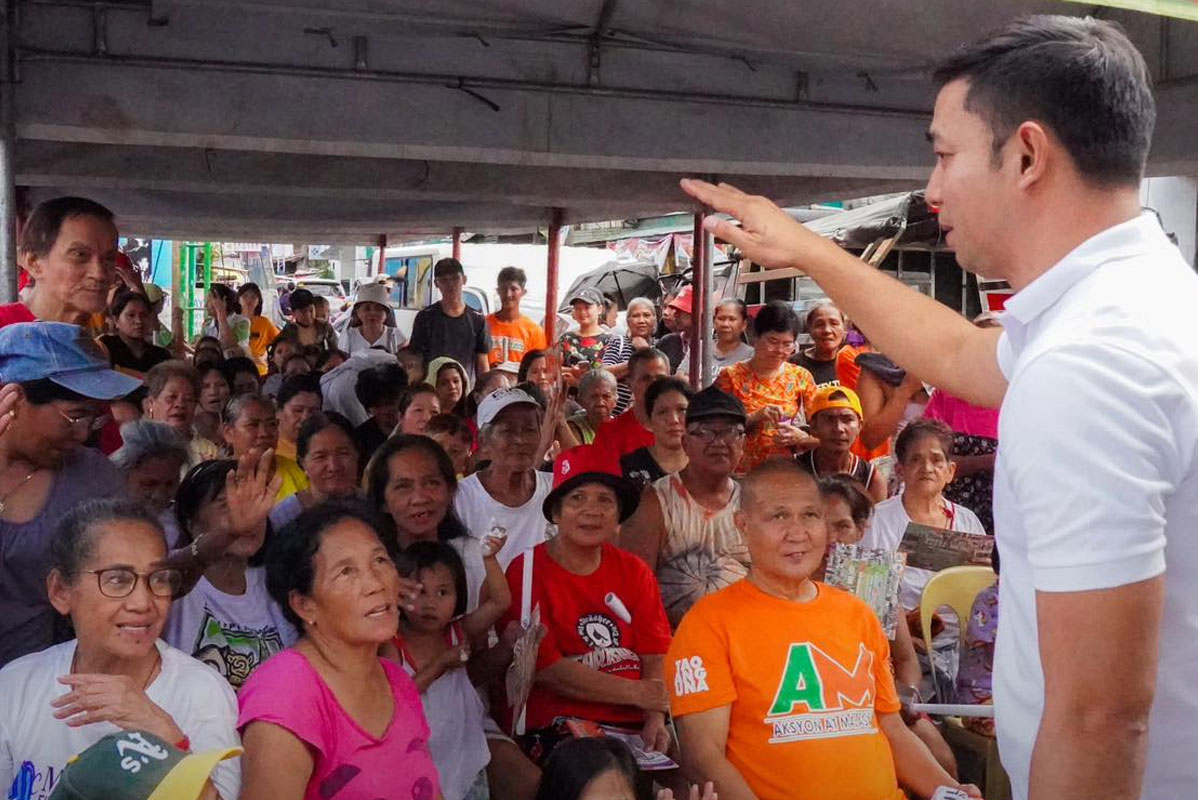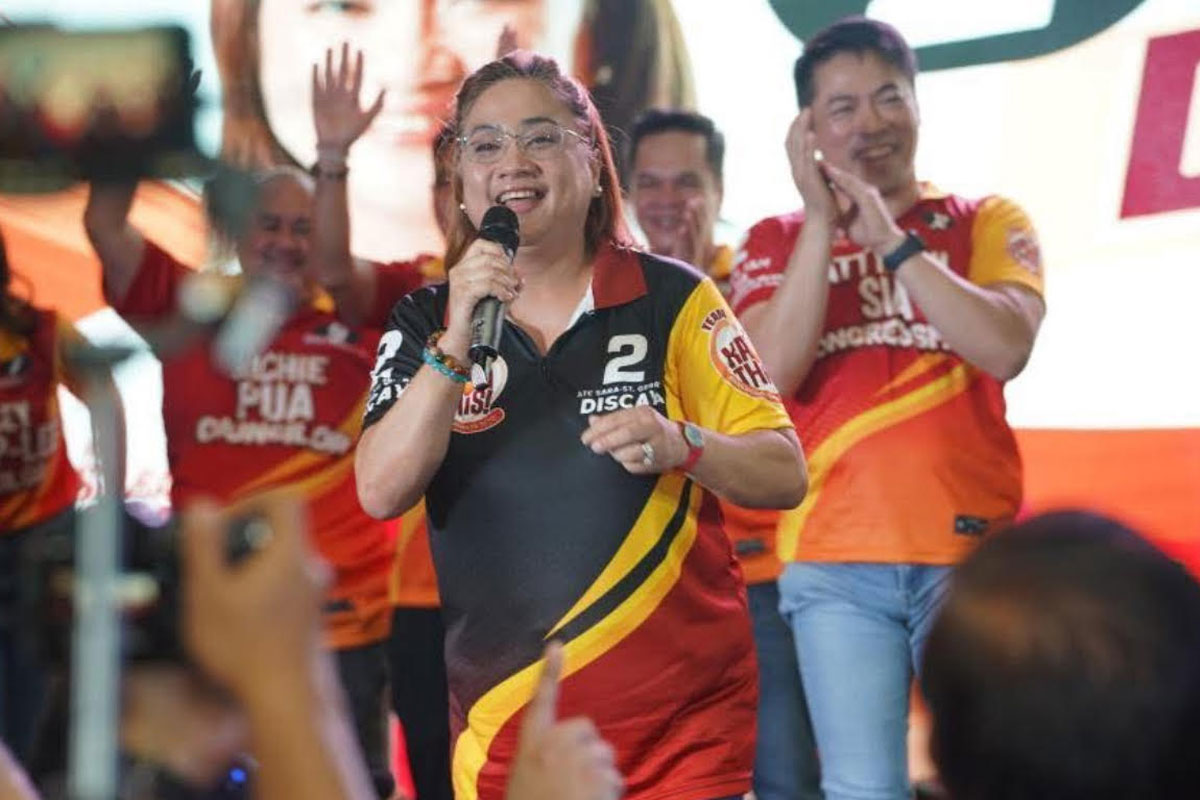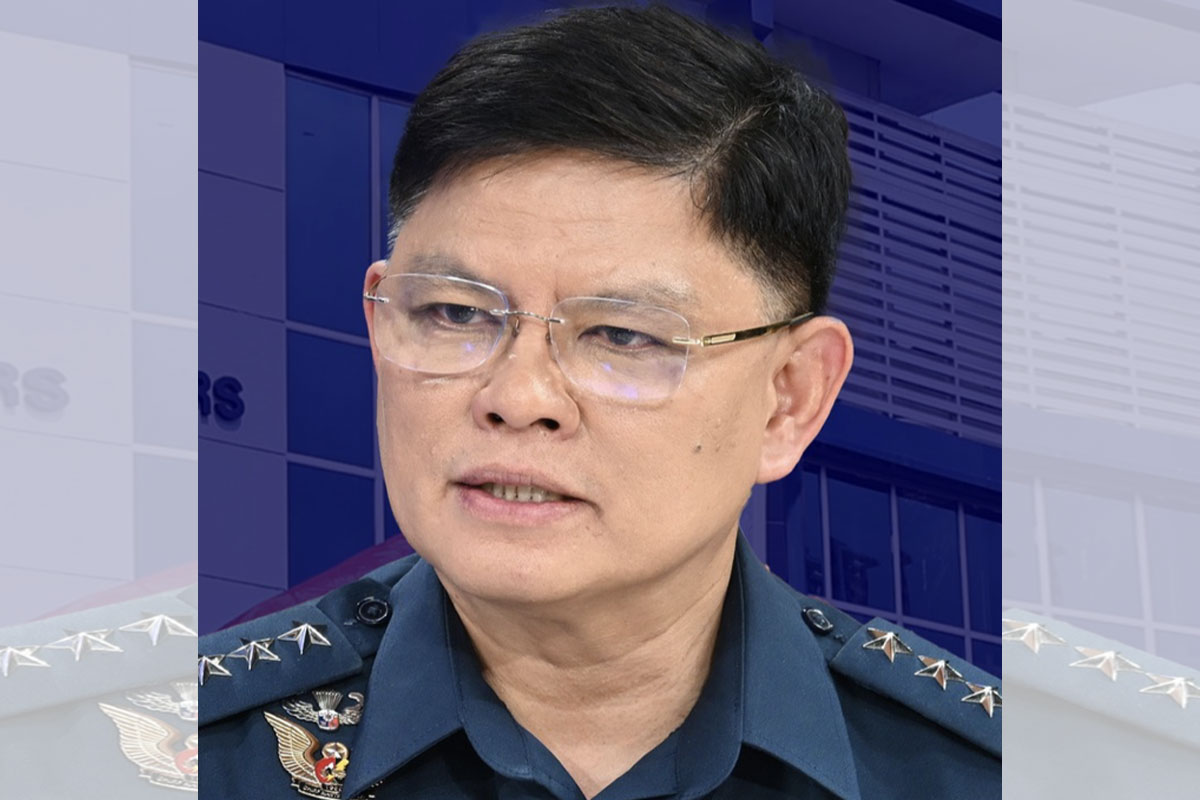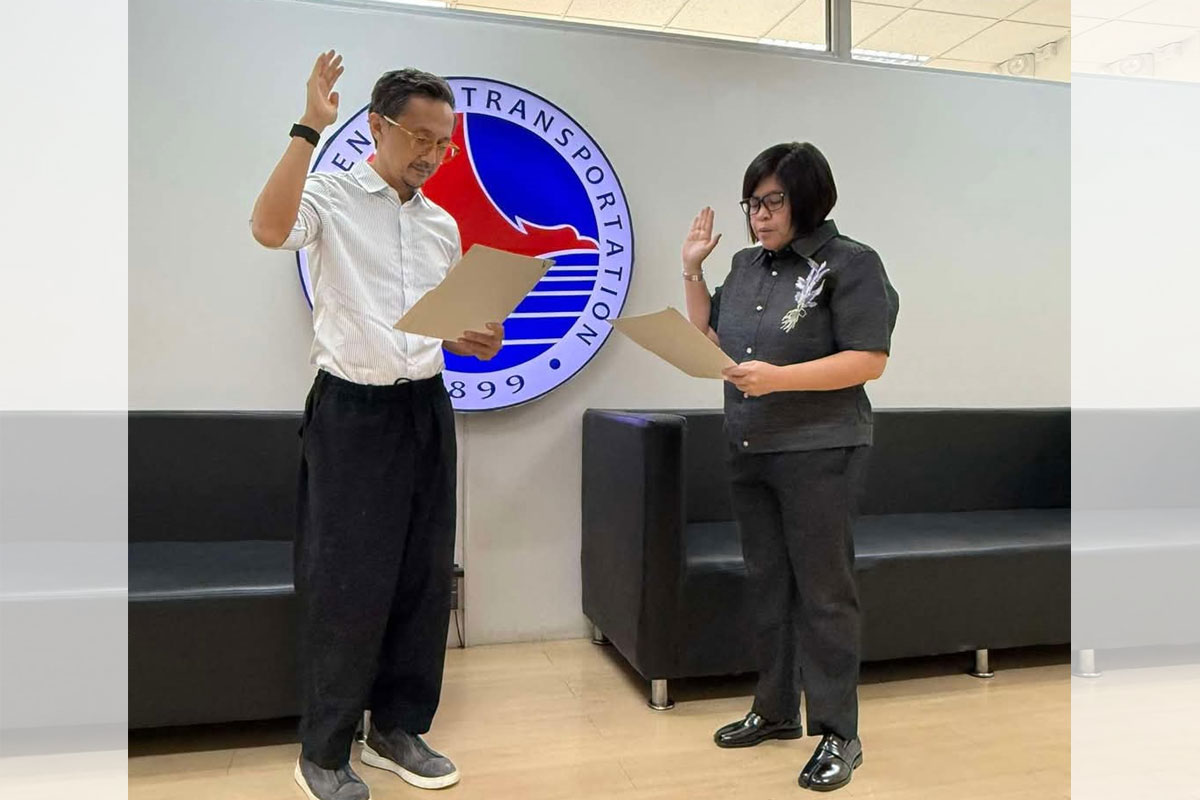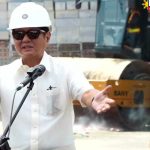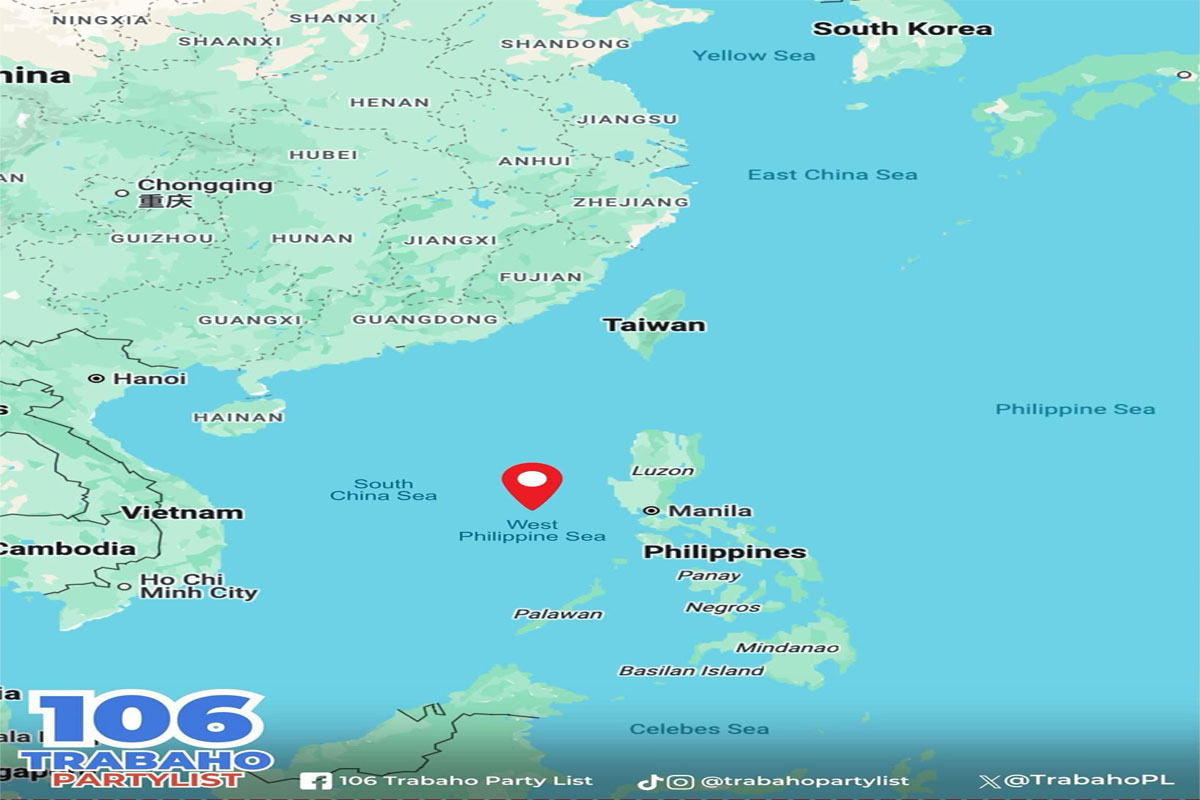
PH TRUMPETS HIGH BASIC LITERACY RATE
THE Philippines continues to maintain a strong basic literacy rate of 93.1% among individuals aged 10 to 64 years old.
This was the result of the 2024 Functional Literacy, Education, and Mass Media Survey (FLEMMS) conducted by the Philippine Statistics Authority (PSA).
The latest FLEMMS findings underscores the country’s success in ensuring that the vast majority of Filipinos can read, write, and compute — important foundational skills.
The survey also reports a functional literacy rate of 70.8%, demonstrating that seven out of ten Filipinos possess high-level comprehension skills to process and apply information effectively in daily life.
“These figures affirm our ongoing efforts to strengthen foundational education while also highlighting areas where we can further enhance our learners’ skills,” Education Secretary Sonny Angara said.
“With a strong literacy base in place, we are poised to expand our programs to ensure that every Filipino gains the ability to think critically and engage meaningfully in society.”
The survey also reveals encouraging literacy trends across different regions of the country. The Cordillera Administrative Region (CAR) leads in functional literacy at 81.2% while Central Luzon recorded the highest basic literacy rate at 92.8%, underscoring the effectiveness of regional education initiatives.
DepEd commits to improving literacy through curriculum enhancement and targeted teaching strategies. While the high basic literacy rate indicates progress in foundational skills, the lower functional literacy rate highlights the need for deeper comprehension and critical thinking in the curriculum.
The survey identified variations in functional literacy across regions, highlighting the need for targeted interventions. Regional disparities in literacy also suggest that differentiated instruction and localized curriculum adaptations are necessary to address varying learner needs.
Moreover, DepEd will emphasize collaboration among stakeholders which is essential in ensuring that literacy initiatives are both inclusive and sustainable.
“We are continuously innovating our approaches to ensure that literacy education remains dynamic, engaging, and accessible to all,” the DepEd chief added. “By integrating comprehension and analytical thinking into our programs, we aim to produce learners who are not only literate but also highly competent in navigating real-world challenges.”
DepEd recognizes that fostering literacy is a shared responsibility and encourages collaboration between government agencies, local communities, private institutions, and families.
“We celebrate these literacy milestones while also committing to continuous improvement. Functional literacy is a powerful tool for national development, and we invite all sectors to join us in this mission,” Angara said.
According to PSA, FLEMMS 2024 covered 177,656 eligible sample households and 572,910 individuals 5 years old and over.









